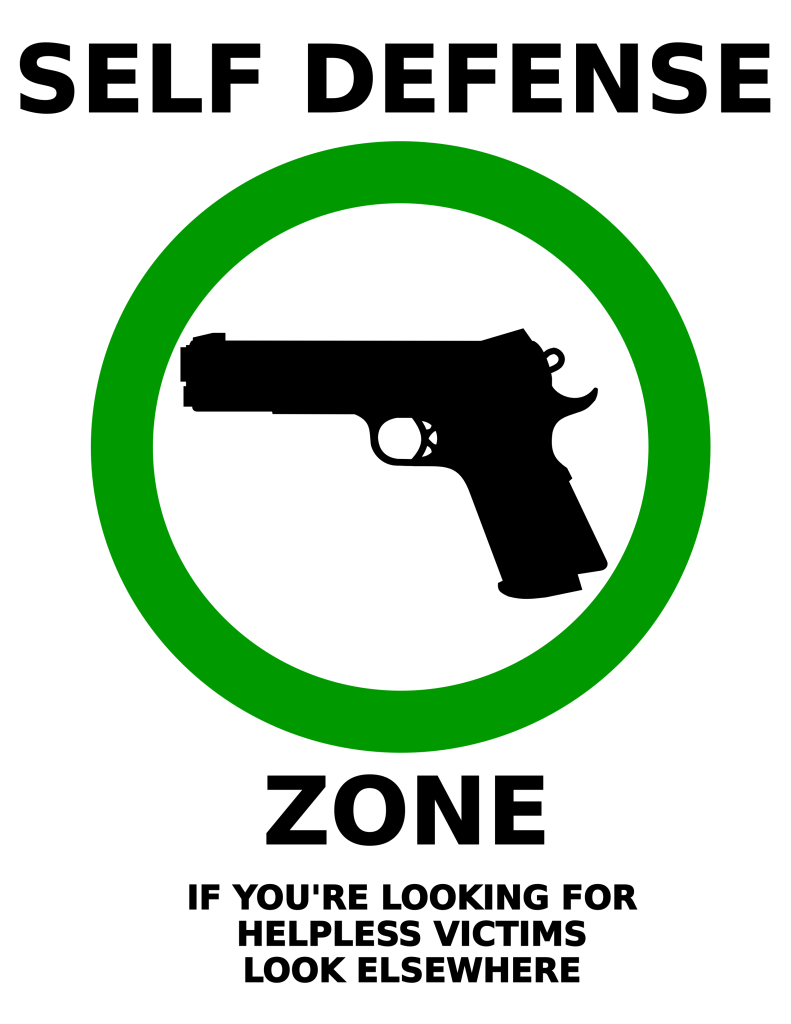Self-defense South Carolina
On February 9, 2014 at around 6:00 a.m. on Sunday, 76 year-old Charles Petit was confronted by Robert Deziel, a 25 year-old with a stun gun disguised as a cellphone in what appeared to be a robbery gone horribly wrong. Mr. Deziel, wearing two layers of clothing, parked his vehicle about a quarter mile down the road from Mr. Petit’s home, walked up and confronted Mr. Petit as he warmed up his car. A struggle ensued and Mr. Petit pulled out his .38 caliber handgun and shot several times in self-defense fatally wounding the would be robber. Police found defensive wounds on Mr. Petit’s hands and an injury to his face.
Mr. Petit sold jewelry at the Coastal Carolina Flea Market and was going to do so that day. The attacker knew his victim sold jewelry at the flea market.
An interesting note is that the Solicitor, Scarlett Wilson, stated that this was an act of self-defense and that Mr. Petit did not need the extra protections under the S.C. Protection of Person and Property Act (Stand your Ground). Oftentimes these two legal concepts are assumed to be the same defense but Solicitor Wilson correctly made it clear they are not and in my opinion applied the correct rule of law based on what has been reported.
Self-defense South Carolina defined
A person is justified in using deadly force in self-defense when:
- The defendant was without fault in bringing on the difficulty;
- The defendant…actually believed he was in imminent danger of losing his life or sustaining serious bodily injury, or he actually was in such imminent danger;
- If the defense is based upon the the defendant’s actual belief of imminent danger, a responsible prudent man of ordinary firmness and courage would have entertained the same belief…and;
- The defendant had no other probable means of avoiding the danger of loosing his own life or sustaining serious bodily injury than to act as he did in this particular instance.
See State v. Dickey
No duty to Retreat
A defendant is not required to retreat if he has no other probable means of avoiding the danger of losing his own life or sustaining serious bodily injury. Here, it appears that Mr. Dezeil was lying in wait targeting his much older victim (Mr. Petit). Mr. Dezeil approached Mr. Petit with a stun gun, and it would have been virtually impossible, as a matter of law, for anyone to retreat under these circumstances.
Charleston Criminal Defense Lawyer
If you have a case involving self-defense South Carolina case call an experienced and trusted Charleston criminal defense lawyer at the Dale Savage Law Firm today for a free case consultation (843) 530-7813.

